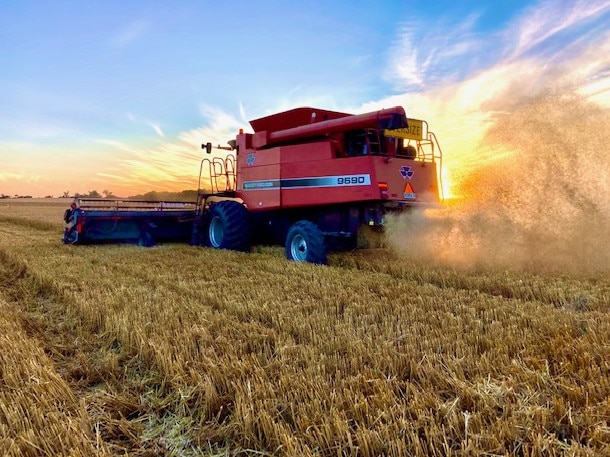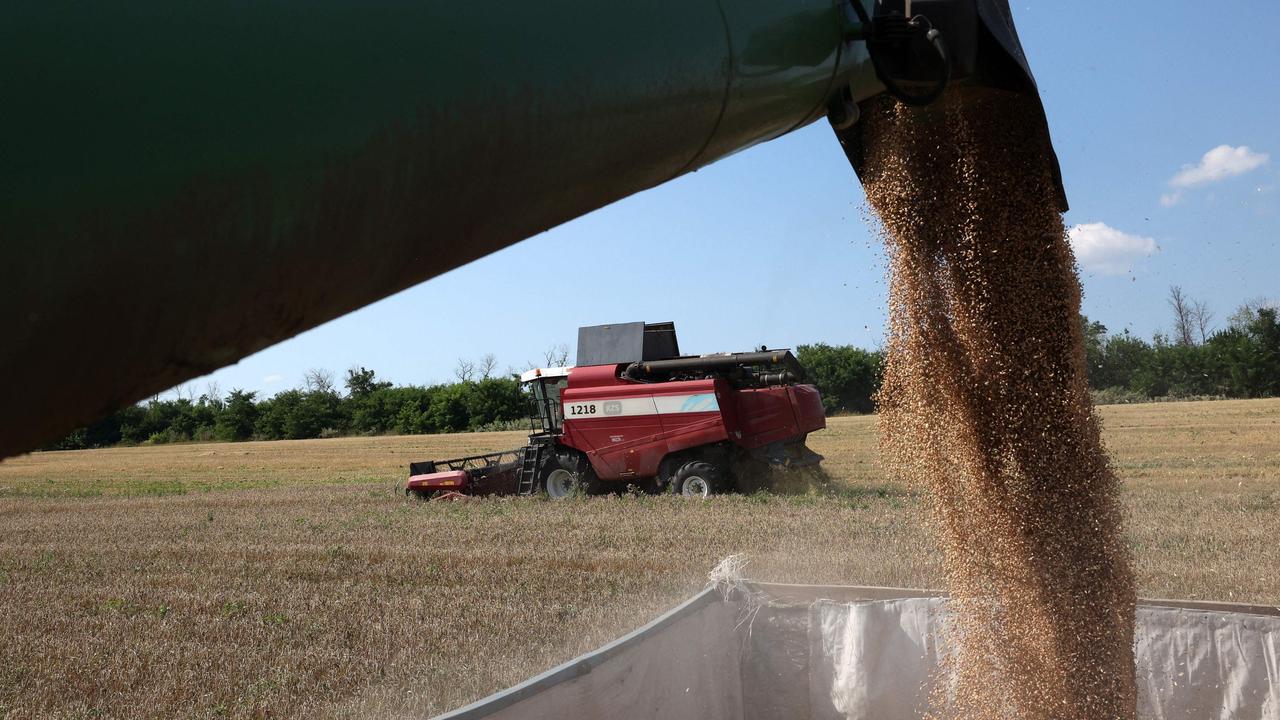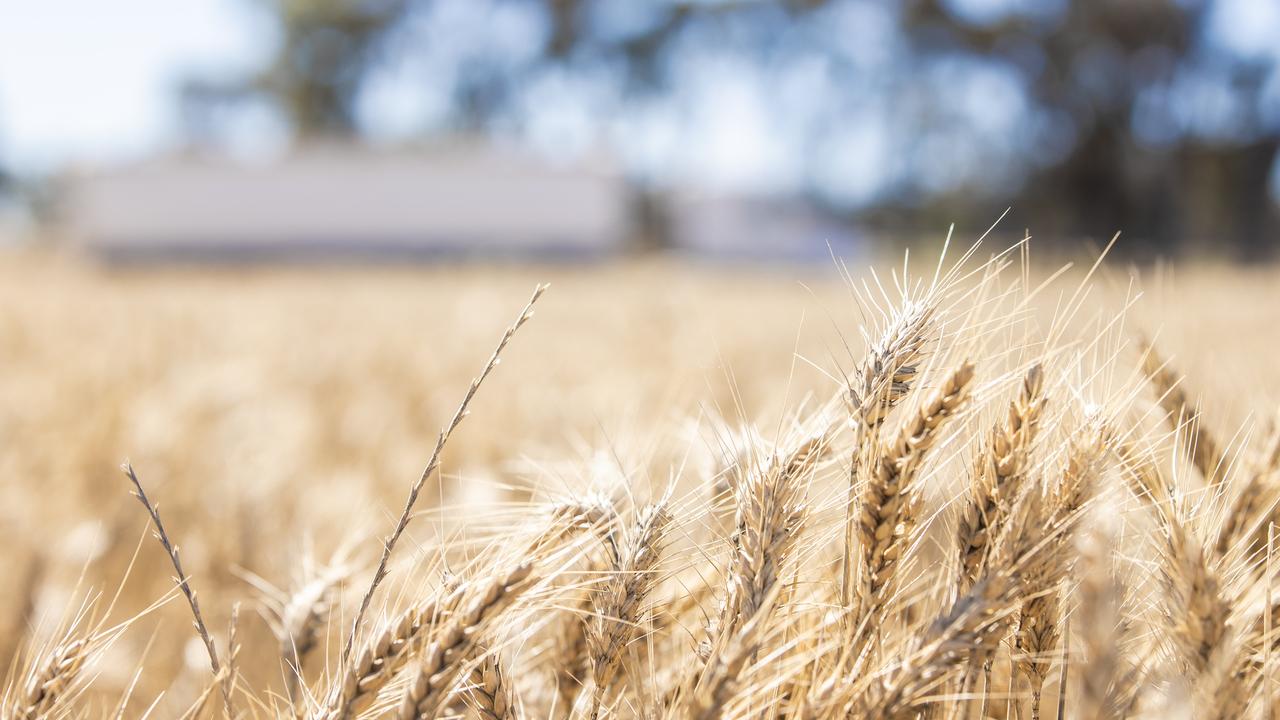GrainGrowers call for $20 million fund while NFF warns of billion-dollar trade losses
GrainGrowers has made its pitch to save the barley industry after China’s trade blows last year. Here’s what they’re asking for.

THE grains industry wants an extra $20 million in federal cash to help it continue finding new markets for Australian barley, in the wake of losing its biggest international customer.
Peak body GrainGrowers has renewed its call for dedicated funding to help the sector, after China whacked Australian barley imports with crippling tariffs of more than 80 per cent last year.
That decision knocked barley growers out of a $1 billion trade, and left exporters scrambling for new markets.
Saudi Arabia has filled some of the gap with a 480,000-tonne order of feed barley to be shipped from next month, while 35,000 tonnes of malt barley was shipped to Mexico in January for the first time ever.
Despite this, GrainGrowers estimates producers are set to lose about $2.5 billion over the next five years due to the China tariffs.
In a pre-Budget submission to the Federal Government, the group is calling for $20 million to “accelerate market development for Australian barley” and secure new markets or expand existing ones.
It’s a sentiment echoed by the National Farmers’ Federation, which warns in its submission that recent trade disruptions – including COVID-19 and the ongoing trade spat with China – will cost the ag sector $36.9 billion over the coming decade.
It wants a $3.5 billion injection in agriculture funding addressing trade, labour, climate change, regional development and telecommunications.
“The cost of inaction goes beyond trade and agriculture,” NFF chief economist Ash Salardini stated.
“Significant numbers of processing, manufacturing and supply-chain jobs are also at risk due to their reliance (on) agricultural inputs.”
Among its demands are an extension of the popular International Freight Assistance Mechanism, which was introduced to help exporters continue shipping products overseas after COVID-19 restrictions grounded passenger flights.
Funding for the $669 million program, which has been extended once already, is due to run out on June 30.
But the NFF argues, airfreight prices are still up to seven times higher than pre-COVID and are not expected to fall, knocking many exporters out of the game unless there is assistance.
“For industries such as horticulture and seafood, airfreight is the only viable means to get their produce to market,” Mr Salardini stated.
“The cessation of IFAM … will result in severe and irrevocable damage to these industries.”
The NFF is also calling for an agricultural trade advisory council to be set up, including representatives of all major commodities, and a dedicated agriculture unit to be set up within the Department of Foreign Affairs and Trade.


